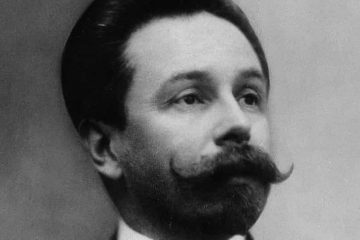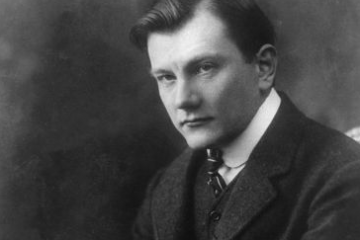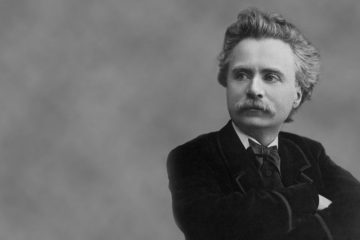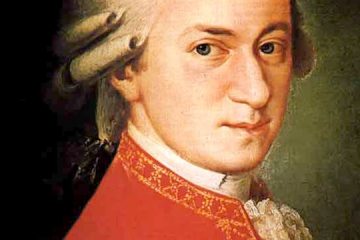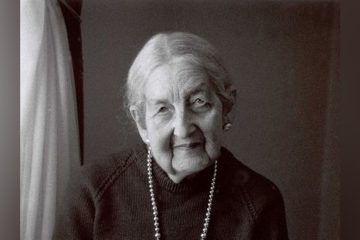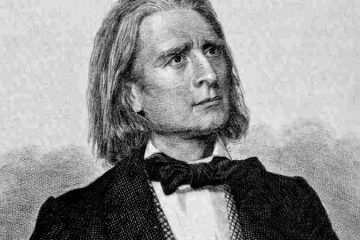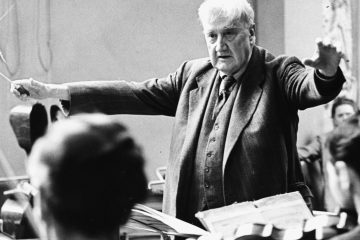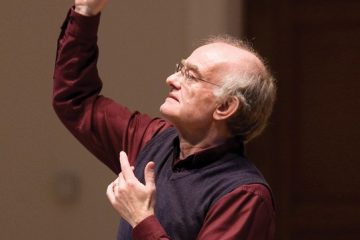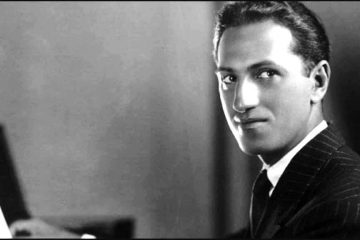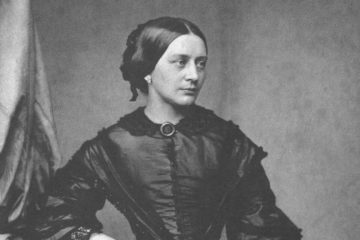Blogs
Alexander Scriabin ‘Piano Concerto’: Passionate Piano
Alexander Scriabin: Piano Concerto Context Composed when he was just 24 years old, Alexander Scriabin’s Piano Concerto was the first of his works to use an orchestra, as well as being the only concerto that he wrote. Although a majority of the concerto was composed in 1896, it wasn’t until Read more…
